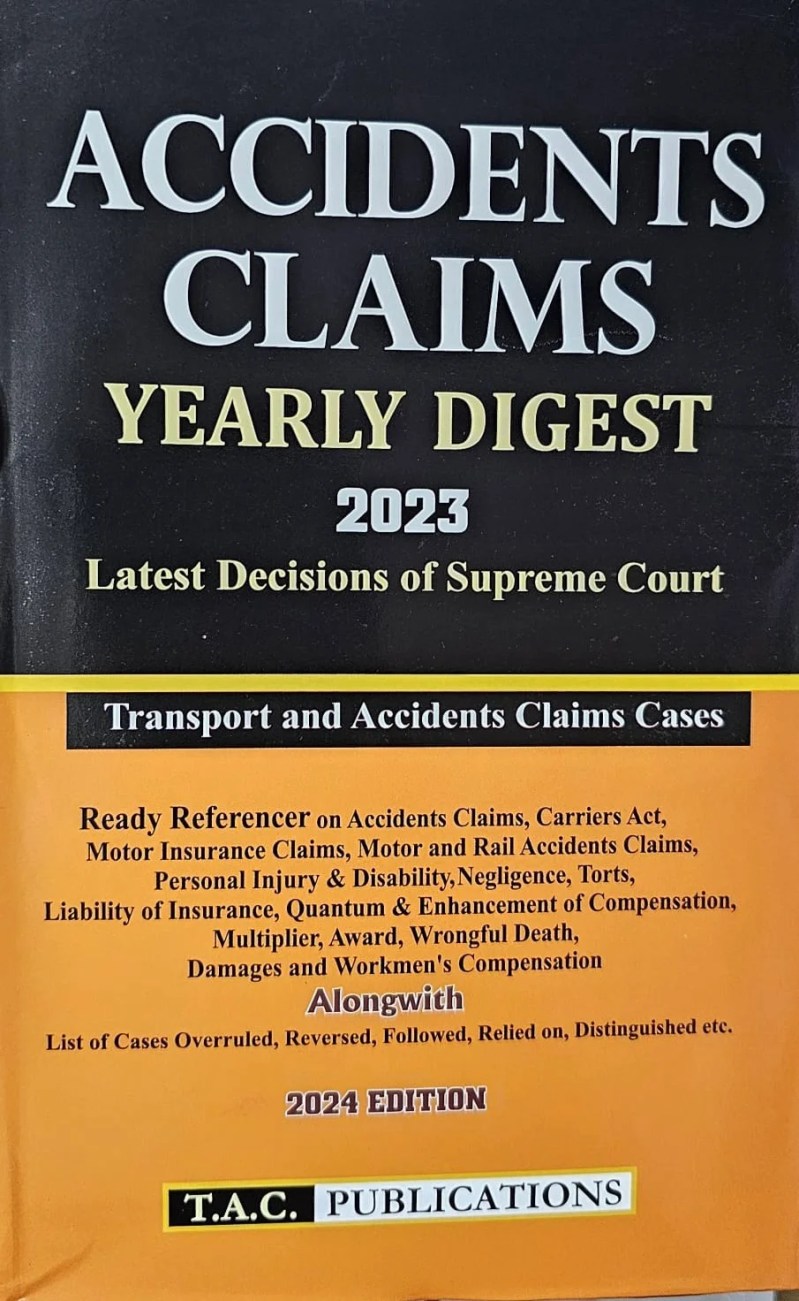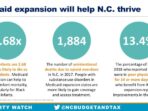Insurance Vehicle Act – In India, the Motor Act (Motor Vehicles Law) plays an essential role in ensuring road safety and resolving accident victims. This legislation shows the process to ask victims to compensate for injury, disability or death as a result of motor vehicle accidents. Part 166 of the Motor Act is especially essential because it sets steps for compensation applications. This section serves as a legal disability for persons who have suffered damage due to negligence or unauthorized actions of motor vehicles or drivers, allowing them to seek a replacement they deserve.
The 1988 motor vehicle, approved by the Indian parliament, covers a wide range of aspects of road transport vehicles. Entered into force on July 1, 1989, followed by previous acts of 1914 and 1939. This law deals with different things, including conductors and driving, control and authority, insurance, registration, traffic rules, crimes, crimes, etc. Law, the wrong law, the wrong law, the wrong law.
Insurance Vehicle Act

The 1988 Motor Vehicle Act has been of significant importance in India because it oversees the use and management of motor vehicles across the country. The law adopted in order to deal with various road safety problems, traffic management and vehicle management serves several critical purposes –
Relevant Provisions Of The Motor Vehicle Act,1988 In Mact Cases Pdf
Section 166 of the Motor Vehicle Law explains how to apply for compensation after an accident on a motor vehicle. It requires a court request for claims in the area where the accident occurred. This rule was considered restrictive because it was taken by applicants to submit applications only at the accident site.
As the number of vehicles on Indian roads increases and traffic overload worsens, accidents become more common. These accidents often result in serious damage to property, injuries, and even death.
The 1988 motor vehicle act serves as a legal basis for dealing with such incidents. Provides protection of innocent victims, appropriate punishment for perpetrators and reasonable compensation for all stakeholders. This act not only sets standards for safer road conditions, but also creates a robust system of accidents if occurring.
VICTIMSTS must apply to the Court for Motor Accidents to receive a law compensation. Part 166 of the 1988 Motor Act, which is entitled to this tribunal in the event of a car accident.
New Hit And Run Law In India: What You Need To Know
In order for the plaintiff to request compensation referred to in Article 166 of the Motor Vehicle Law
The Law on Motor Vehicles in 1988 does not set a deadline for compensation referred to in Article 166. However, it is advisable to take action to avoid any complications during the procedure. In the event of an accident, the tribunal will assign car compensation in the following circumstances –
The car’s right tribunal has the power to provide the victims another replacement, a defined case considered appropriate.

Part 166 of the Motor Act offers a way of justice for people affected by traffic accidents. Provides that victims or their families can seek compensation through the Court of the Centuries for claims (mactic), no matter where they or the defendants reside. This provision simplifies this process and gives a fair opportunity for those seeking disabilities after facing the fatal consequences of the car accident.
Motor Vehicle Insurance (tp) Act And Negotiation
Imagine a scenario in which the car owner loses control of his vehicle and causes an accident, hurts and even kills people. In such cases two things can happen –
Yes, if you are a victim of an accident, it is necessary to display pictures or record videos at the scene. Although passers -by -covers visual effects, it will help the police understand the incident and support a continuous investigation.
Yes, if possible, you should call the police. This is useful because the call can be recorded and used as evidence.
The Supreme Court explained that applicants are not limited to compensation applications only when the accident happened. They may decide to access the ICT (mact) tribunal in the area where they live or accused.
Latest New Motor Vehicle Act News In Bengali
According to Part 163A, applicants do not have to prove a mistake to seek compensation. However, for section 166, he must submit evidence of careless or negligent rides. Navigation of the complexity of the Road Safety and Transport Regulation requires a comprehensive understanding of motor vehicles since 1988, especially part 184. It serves as a basic Indian road system, but also regulates the work and punishment for various violations. The law, which consists of 14 chapters and approximately 217 parts, immerses it in critical aspects, such as motor vehicles, crimes, sanctions, transport management, transport vehicles, vehicle registration, license, etc.
Part 184 is significantly characterized by this legislative landscape and deals with the consequences of negligent actions. The key amendment in 2019 increased the penalties and sanctions associated with this part and introduced imprisonment prospects for the perpetrators. The purpose of this amendment was to reduce the dangerous behavior management and to emphasize the importance of responsible activities on the road.
This article not only sheds light on the legality of Section 184, but also immerses the related aspects, such as crimes under this part, the importance of motor vehicles, third -populated insurance roles and much more.

Ruthless driving is a serious threat to life and endangers both drivers and pedestrians. The immature events of such drivers can bring huge sadness to the participating families. Part 184 of the Motor Act serves as fundamental measures to reduce dangerous behavior. Imposes significant penalties on individuals who, through their relentless management, endanger their own lives and the lives of others. Part 184 of the Motor Vehicle Law adopted a strict attitude towards individuals who decide on dangerous driving.
New India Assurance On X: “visit Our Website Today To Buy Motor Vehicle Insurance. #carinsurance #insurance #autoinsurance #vehicleinsurance #bikeinsurance #businessinsurance #car #insurancebusiness #commercialinsurance #insurancepolicy #insuranceclaim
According to the original text of Section 184 of the Motor Vehicle Law, anyone who controls the vehicle at speed or public manner, in terms of various factors, such as the nature, condition and use of the site, as well as the current or expected operation, may be subject to punishment. In the first offense, the sentence may include imprisonment for up to six months or a fine of up to 1,000 Rs. In the case of a second or subsequent crime within three years, sanctions may include imprisonment of up to two years, a fine of up to two thousand rupees or a combination of both.
Part 184 of the 1988 motor vehicle is of particular importance because it deals with the consequences of driving ruthlessly. This part emphasizes the importance of accepting responsible and safe behavior. Here are key points that emphasize the importance of part 184 –
Part 184 of the 1988 Motor Act was essentially crucial to promoting road safety and encouraging responsible driving habits. This is achieved by imposing sentences of behavior that pose a risk to the public, emphasizing the importance of maintaining safe and careful management.
The penalty for violation of Part 184 of the Motor Act was 1000 Rs for the first offense, with the possibility of six months in prison for dangerous driving. In the case of successive crimes within three years, the sentence may escalate in a fine of 2000 Rs, two years in prison or a combination of both.
A Complete A-z Pineapple Guide On All Things Comprehensive Car Insurance
India, which has recognized the inadequacy of these sanctions in effective thinking of crimes, took over the Indian government in 2019 with a decisive measure. A change was approved for a significant increase in penalties and penalties related to Section 184 of the MV act, in order to increase the effect of discouragement and to support road safety.
The penalties and penalties pursuant to Article 184 of the Law on Motor Vehicles have increased significantly. For the first offense, individuals could face up to 5,000 P or imprisonment of up to one year. The following offenses within three years can lead to a fine of up to 1000 Rs, imprisonment of up to two years or a combination of both. Changes also introduced restrictions on awards for accident victims and ordered 2.5 Rs for serious injuries and 5 lacquers in the event of a fatal accident.
This significant increase in penalties and prison was carried out in order to express a strong report to those who violate the transport rules that such offenses would not be tolerated.

If you follow the motor vehicles in 1988, if you hit Indian roads, the third -party insurance for your bike or car is irreversible. Accidents, despite all the measures, are an unfortunate reality. In addition to the emotional toll accident, the financial consequences can be essential depending on the seriousness of the incident.
Motor Vehicle (third Party Insurance) Amendment Act 1994 (wa)
This is where the third party insurance contract enters the security of your finances when it is unexpected. In the field of insurance, the “third party” refers to an individual, vehicle or property that carries an attack on the damage caused by your vehicle.
While driving serves a practical purpose to convey us from one point to another and can be a pleasant experience, the reality of Indian roads is far from safe for pedestrians and pedestrians and






